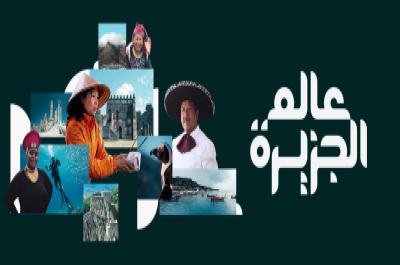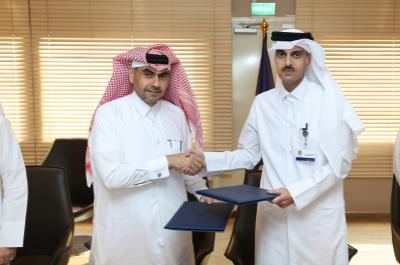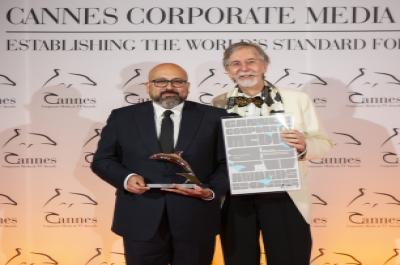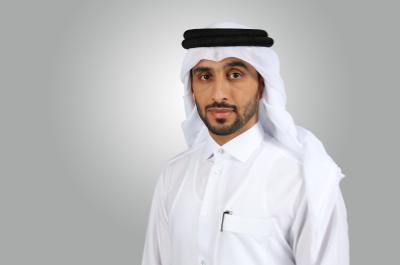
THE CYPRUS PAPERS [UNDERCOVER]
An undercover investigation by Al Jazeera’s Investigative Unit exposes how a convicted criminal might obtain a European passport in Cyprus - for the right price. The investigation leads to the highest offices of the Cypriot state and uncovers a two-track application process, where “problematic”
applicants pay more money.
In The Cyprus Papers Undercover, our reporters gain access to a network of enablers leading to the country’s highest political ranks. All express willingness to aid and abet a convicted criminal to obtain Cypriot citizenship, which would grant the criminal access to the European Union’s internal markets and visa free travel.
Among those involved are speaker of parliament Demetris Syllouris and member of parliament, Christakis Giovani, who is also one of the country’s largest real estate developers.
The revelation comes two months after Al Jazeera’s Investigative Unit published The Cyprus Papers, a leak of 1,400 documents showing Cyprus regularly failed to adhere to its own laws and allowed convicted criminals and fugitives to obtain Cypriot citizenship under its controversial Cyprus Investment Programme (CIP).
After that investigation, Cyprus defended the programme, saying there had been several mistakes in recent years, but that the tightening of laws and background checks of applicants was sufficient to stop criminals from obtaining a passport.
The Cypriot government accused Al Jazeera’s reports of being “distorted, deceptive and sensational” and linked the investigation to a dispute with Turkey in the Eastern Mediterranean. In fact, the investigation began 18-months ago and was initially focused on corruption in the UK.
A former British policeman turned enabler sent our undercover reporters, who pose as representatives of a fictional Chinese national with a criminal record for bribery and corruption, to Cyprus to obtain a EU passport.
There, our team is ushered through the process of bypassing restrictions by investing with the right people. They learn the unofficial rules: the trickier the case, the higher the price.
A lawyer involved in the CIP, Andreas Pittadjis, describes a clandestine two -track path to gain citizenship. “Nobody would admit that. You cannot see this in any book, or any regulation. If there are issues and we want a passport to be issued fast, go higher. How high? Up to you. The higher, the better.”
It begins with meeting the right estate agent. “Today let’s get over the big hurdle which is the seven-year imprisonment,” says Tony Kay, from the ‘Sold on Cyprus’ property agency. “Where there are problems, it costs more money to achieve these things. So what we will do is find out who has to be spoken to and who has to be paid, what investments need to be made.”
The route to a passport continues by meeting a property developer. Antonis Antoniou is the Executive Director of the Giovani Group. “The more you invest, you are in more favourable terms. And you can, you know, skip the waiting list as we say.”
Antoniou advises us to meet the lawyer, Pittadjis, who suggests various techniques to circumvent the rules of the CIP. These include creating shell companies, placing the money launderer’s funds in the name of his wife and even changing his name to prevent detection of past convictions. When asked if he had done this before, he replied with a laugh, “Of course, this is Cyprus!”
Our path to achieving a passport for our criminal applicant culminates with meeting the president of the Cyprus parliament, who holds the second highest office of state. After being briefed about our applicant’s criminal background, Demetris Syllouris says to our undercover reporters, “You have my full support.” When asked if the criminal applicant will receive a passport, he replied, “I cannot say 100% but I say 99%.”
When confronted with the evidence, all of those involved denied any wrongdoing.
Andreas Pittadjis and Tony Kay say they understood from the onset that our undercover reporters represented a criminal and played along while ”fishing for more details”.
Members of the Giovani Group said their ongoing dealings with our undercover journalists were intended to gather information to support a report to the authorities without “tipping them off”.
After our undercover reporters left, Pittadjis said he filed a report about them with Cyprus’ Anti-Money Laundering Unit.
Demetris Syllouris said that he had provided no services to our applicant and relied upon the anti-money laundering report subsequently made by Pittadjis.











